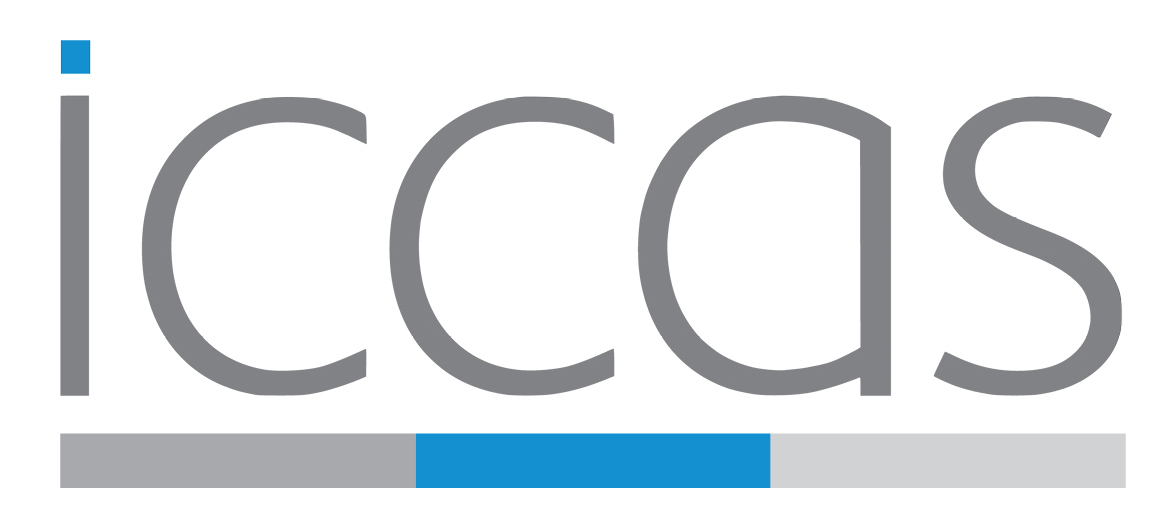

OR.NET is a collaborative project funded by the BMBF program “ICT 2020 – Research for Innovation”. The goal of the initiative is to develop basic concepts for safe dynamic networking of medical devices within the operating room. Especially the automatic dynamic networking of computerized medical devices and the interaction of these devices with medically approved software is of particular interest in the medical technology domain. The close cooperation between manufacturers, clinical operators, academia and regulatory bodies facilitates new ways of designing software architectures for the future hospital. The focus is on IT in the operating room and the pre- and postoperative phases, which also connects systems for surgical planning, OR management, as well as diagnosis and treatment. A special focus is on networking, interoperability and the safe operation of the OR infrastructure. To conceptualize and define new standards, research is being conducted regarding risk analysis, safety, security, interoperability and IT infrastructure together with standards committees (VDE, DIN, DKE, IHE …).
The overall goal of the OR.NET project is the integration of medical devices in the operating room based on standardized communication technologies. The overall goal is divided into the following sub-projects:
The overall project OR.NET is conducted by 46 project partners. The developments at the ICCAS comprise the following topics:
Several requirement analyses have been carried out in collaboration with clinical partners. Multiple surgical interventions from neurosurgery and ENT have been identified as reference workflows for OR.NET. From these interventions technical requirements, regarding device integration and medical device interoperability, are being derived. Together with technical project partners several workshops have been conducted to define communication requirements for medical device integration using plug-and-play technologies. As a result, this leads to formal device abstractions that are being used to define an integration-architecture with appropriate interface technologies.
A total of 57 partners from research and industry under the leadership of the University Hospital Heidelberg, Munich Technical University and RWTH Aachen University are involved in this cooperation project.
Carl Zeiss Meditec, AGConworx Technology GmbH, DIN – Deutsches Institut für Normung e. V., Forschungsstelle für Medizinproduktrecht (FMPR), Fraunhofer FIRST, Fraunhofer MEVIS, how to organize, IHE Deutschland e. V., Ingenieurbüro Wolfgang Blocher, Inomed Medizintechnik GmbH, KARL STORZ, Klinikum Rostock, Klinik für Anästhesiologie und Intensivmedizin KLS Martin Group, LOCALITE GmbH, MedPlan Engineering GmbH, MT2IT, qcmed GmbH Quality Consulting Medical, Rhön-Kliniken AG, Richard Wolf GmbH, RWTH Aachen, Lehrstuhl für Medizinische Informationstechnik (MedIT), RWTH Aachen, Lehrstuhl für Medizintechnik (mediTEC), Siemens HealthCare, STARC medical GmbH, SurgiTAIX AG, Synagon GmbH, Söring GmbH, TRILUX GmbH & Co. KG Medical Technology, TU München, Institut für Informatik, Robotics and Embedded Systems, TU München, Lehrstuhl für Automatisierung und Informationssysteme, TU München, Lehrstuhl MIMED im Bereich Mechatronik, TU München, Minimal-invasive Interdisziplinäre Therapeutische Intervention (MITI), Uniklinik der RWTH Aachen, Integrierte Teleanästhesiologie, Uniklinik der RWTH Aachen, Klinik für Anästhesiologie, Uniklinik der RWTH Aachen, Orthopädische Klinik, Uniklinik Leipzig, Klinik für HNO, Uniklinik Leipzig, Klinik für Neurochirurgie, Uniklinik Tübingen, Radiologische Universitätsklinik, Uniklinik Tübingen, Universitäts- Frauenklinik, Uniklinik Tübingen, Universitätsklinik für Radiologie, Uniklinik Tübingen, Universitätsklinik für Urologie, UniTransferKlinik GmbH, Universitätsklinikum Heidelberg, Zentrum für Informations- und Medizintechnik, Universitätsklinikum Schleswig- Holstein, Chirurgie, Universitätsklinikum Schleswig- Holstein, Stabsstelle IT, Universität Rostock – Institut für Angewandte Mikroelektronik und Datentechnik, Universität zu Lübeck, Institut für Softwaretechnik und Programmiersprachen, Universität zu Lübeck, Institut für Telematik, Universität zu Lübeck, Institut für Medizinische Informatik, VDE Verband der Elektrotechnik Elektronik Informationstechnik, VISUS Technology Transfer GmbH, Vital Images Germany GmbH, Ziehm Imaging GmbH, MEDNOVO Medical Software Solutions GmbH

Um dir ein optimales Erlebnis zu bieten, verwenden wir Technologien wie Cookies, um Geräteinformationen zu speichern und/oder darauf zuzugreifen. Wenn du diesen Technologien zustimmst, können wir Daten wie das Surfverhalten oder eindeutige IDs auf dieser Website verarbeiten. Wenn du deine Zustimmung nicht erteilst oder zurückziehst, können bestimmte Merkmale und Funktionen beeinträchtigt werden.